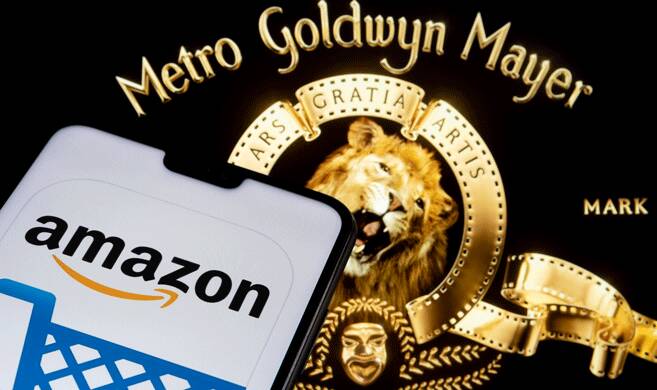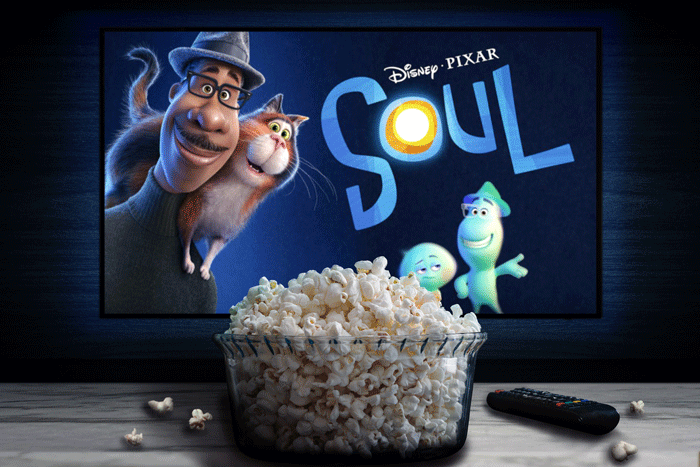Listen to the podcast in French:
Knowledge@HEC: With this purchase, Amazon can sign up new subscribers for Prime Video. Leading the pack of future broadcasts will certainly be No Time to Die, the latest James Bond movie. Apart from the extra subscribers, what is pushing Jeff Bezos to buy this Hollywood studio?
Thomas Paris: What is new are the vehicles of transmission which take very different forms. And Amazon is competing against players which don't resemble it, like Netflix and Apple. It’s quite unusual. They are different in terms of stakes and strategies. When telecom companies decided to invest in content, they had the same strategies: content acquisition to promote their platforms and their assets. Today that’s not the case. Amazon has no interest in making money from movies. The films are used to fuel traffic on their general platform. Jeff Bezos once said that when you sell a James Bond movie, you know that you (customers will stick around to buy) a pair of shoes.
Amazon has no interest in making money from movies. The films are used to fuel traffic on their general platform.
Knowledge@HEC: Amazon offered $3 billion more than its competitors, who couldn't match the $8.45 billion it put on the table. What consequences are there for the cinema industry?
Thomas Paris: One of the consequences is the switch to something new in cinema: the privatization of movies. Up until the release of Pixar's “Soul”, anyone could go and see any movie. All you had to do was to buy an admission ticket and go to the movies. From the moment that Disney Plus said, "I will only release ‘Soul’ on my streaming platform”... That’s to say, in order to have access to “Soul”, you need to be a subscriber. So you have to accept the ownership environment that is offered by Disney. And this is a great novelty which, moreover, may not be very longlasting: how far will consumers agree to have access to only a limited supply of films? That is a real question that needs answering.
(Photo ©Jorge Eduardo on Adobe Stock)
Knowledge@HEC: What are the consequences of this purchase and the domination of large multinationals such as Amazon?
Thomas Paris: In this case, we have the feeling that we may have reached a turning point, where this economy can shift towards something radically different. This "radically different" is summed up by the word “globalization”. It’s the fact that platforms can take precedence over theatrical exploitation. At this pivotal moment, several countries have developed a fairly large production force in recent years, such as India and Nigeria. India is quite old, but the arrival of platforms can revitalize some national and local productions by offering quite paradoxical outlets, because it can tip over into frenzied competition. But it also makes it possible to have resources, including for films that differentiate themselves.










